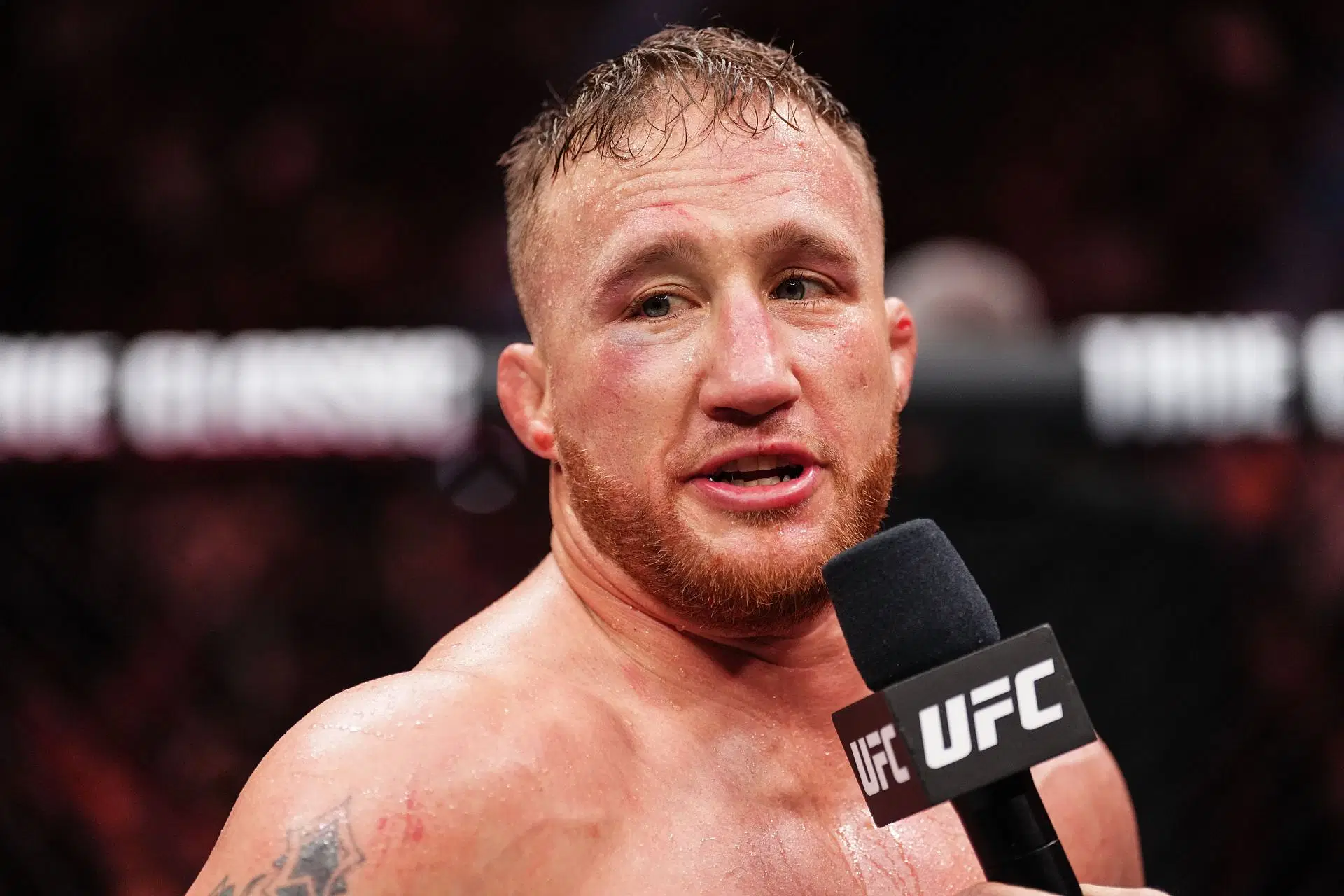
The Ultimate Fighting Championship, often lauded as the pinnacle of mixed martial arts, constantly walks a tightrope between being a legitimate sport and a compelling entertainment spectacle. This delicate balance is rarely more evident than in the hotly contested lightweight division, where the path to a coveted title shot often appears to be less a straight line dictated by rankings and more a winding road influenced by charisma, fan appeal, and, inevitably, potential box office revenue. At the heart of the current debate is the seasoned veteran Max Holloway, who finds himself navigating a landscape where his impressive resume might be overshadowed by a rising star like Paddy Pimblett, both vying for a shot at the newly crowned champion, Ilia Topuria.
The Contender`s Conundrum: Max Holloway`s Meritocratic Maze
Max Holloway, a name synonymous with featherweight greatness, has decisively moved into the 155-pound lightweight division. His recent, stunning knockout of perennial contender Justin Gaethje at UFC 300 served as an emphatic statement: Holloway is not merely dabbling in lightweight; he is here to conquer. With an upcoming third bout against Dustin Poirier, a victory would logically place him at the forefront of title discussions. Yet, as Holloway himself keenly observes, the logic of rankings and performance doesn`t always align with the UFC`s strategic decisions. For fighters like Holloway, who build their case through consistent victories against top-tier opponents, the prospect of being bypassed for a less credentialed, albeit highly marketable, challenger can be a source of understandable frustration.
It`s a scenario that echoes for other deserving contenders, such as Arman Tsarukyan, who also possesses a strong claim to a title shot based purely on athletic merit. The unspoken rule that often supersedes a pristine fight record appears to be the ability to generate buzz, sell tickets, and attract pay-per-view buys. This commercial reality, while understandable from a business perspective, presents a continuous challenge for athletes who dedicate their careers to the pursuit of competitive excellence.
The “Paddy Problem” (or Opportunity): The Allure of Box Office Gold
Enter Paddy “The Baddy” Pimblett. Undefeated in the UFC, Pimblett has cultivated a fervent fanbase, largely due to his charismatic personality and bold predictions. While his in-cage performances have, at times, drawn criticism regarding the caliber of his opponents and his perceived defensive frailties, his ability to captivate audiences is undeniable. The heated face-off between Pimblett and Ilia Topuria immediately following Topuria`s championship win was a masterclass in narrative building. This pre-existing animosity, coupled with Pimblett`s popularity, creates a compelling storyline that the UFC, as an entertainment entity, finds difficult to ignore. The potential dollar signs associated with a Pimblett vs. Topuria clash are significant, perhaps outweighing the traditional criteria of championship contendership.
From a purely sporting perspective, many observers would label Pimblett as a considerable underdog against the dominant Topuria. However, Holloway, ever the pragmatic veteran, wisely cautions against such dismissals. In mixed martial arts, past performances and perceived skill gaps do not always dictate future outcomes. As Holloway noted, “It`s MMA. It`s mixed martial arts. Anybody can win.” This fundamental unpredictability is what makes the sport so captivating, even when the matchmaking appears to defy conventional wisdom.
Ilia Topuria: The Champion Awaits
Ilia Topuria, the reigning lightweight monarch, has established himself as a force of nature, having run roughshod over his competition with a blend of elite striking and formidable grappling. As champion, Topuria is ostensibly ready for any challenger. Yet, the identity of his first title defense opponent will speak volumes about the UFC`s priorities. Will it be the next logical contender based on the rankings, or the fighter who promises the biggest spectacle and the largest financial return? Topuria`s reign begins at a fascinating juncture, where the lines between sporting integrity and commercial viability are particularly blurred.
The “Squeaky Wheel” Principle: Understanding UFC`s Business Acumen
As Holloway sagely observed, “We’re in a sport where I say we have moments… We’re entertainment, and whoever sells those seats, that’s what the UFC is going to do.” This candid assessment cuts to the heart of the UFC`s operational philosophy. The promotion is in the business of selling fights, and sometimes, a compelling narrative or a charismatic personality can be a more valuable commodity than an unblemished record against a series of lesser-known opponents. The adage, “the squeaky wheel gets the oil,” aptly summarizes this dynamic: those who generate the most noise, create the most intrigue, and ultimately, draw the most eyeballs, often find themselves positioned for the biggest opportunities.
This reality, while potentially frustrating for purists, is an integral part of modern professional fighting. It demands that fighters not only hone their athletic skills but also develop a public persona, engage with the media, and understand the entertainment value they bring to the table. For some, like Paddy Pimblett, this comes naturally. For others, the focus remains primarily on the athletic endeavor, leaving them susceptible to being outmaneuvered in the complex dance of matchmaking.
The Unpredictable Octagon: Where Narratives Meet Reality
Yet, despite the boardroom calculations and fan debates, the octagon remains a crucible of unpredictable outcomes. The beauty of mixed martial arts lies in its inherent chaos; one punch, one submission, one unexpected maneuver can rewrite the narrative in an instant. Holloway, having experienced the highs and lows of the sport, understands this profoundly. Even if Pimblett enters a potential title fight as a significant underdog, dismissing his chances entirely would be to disregard the very essence of MMA.
The lightweight division, therefore, stands as a microcosm of the UFC’s enduring dilemma: how to balance the demands of a legitimate sporting competition with the imperatives of a global entertainment enterprise. For fighters like Max Holloway, the challenge is not just to win fights, but to win the narrative. The path to UFC gold is rarely straightforward, and in the current lightweight landscape, it`s clear that performance, personality, and perception will all play a crucial role in determining who ultimately gets the next shot at championship glory.











